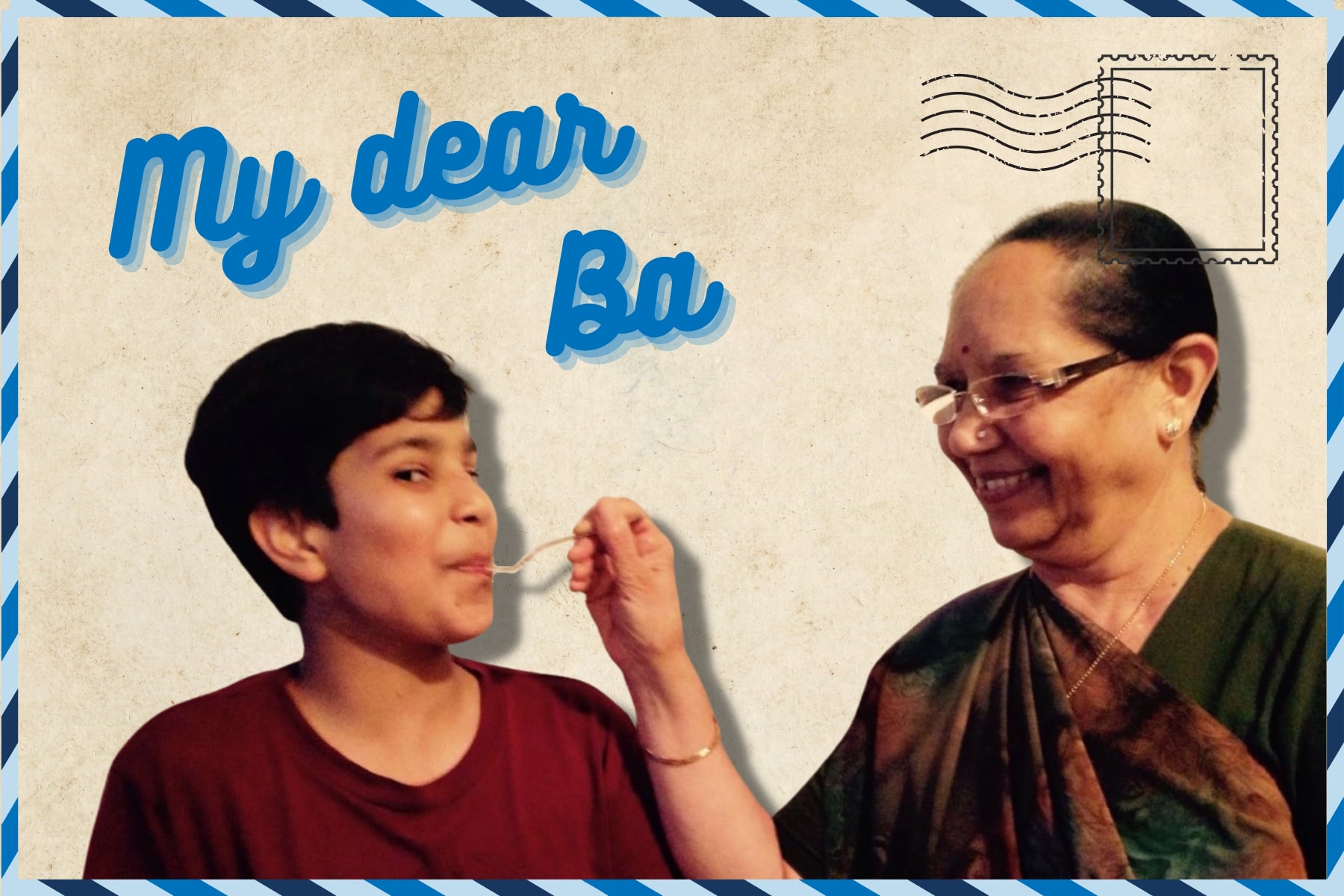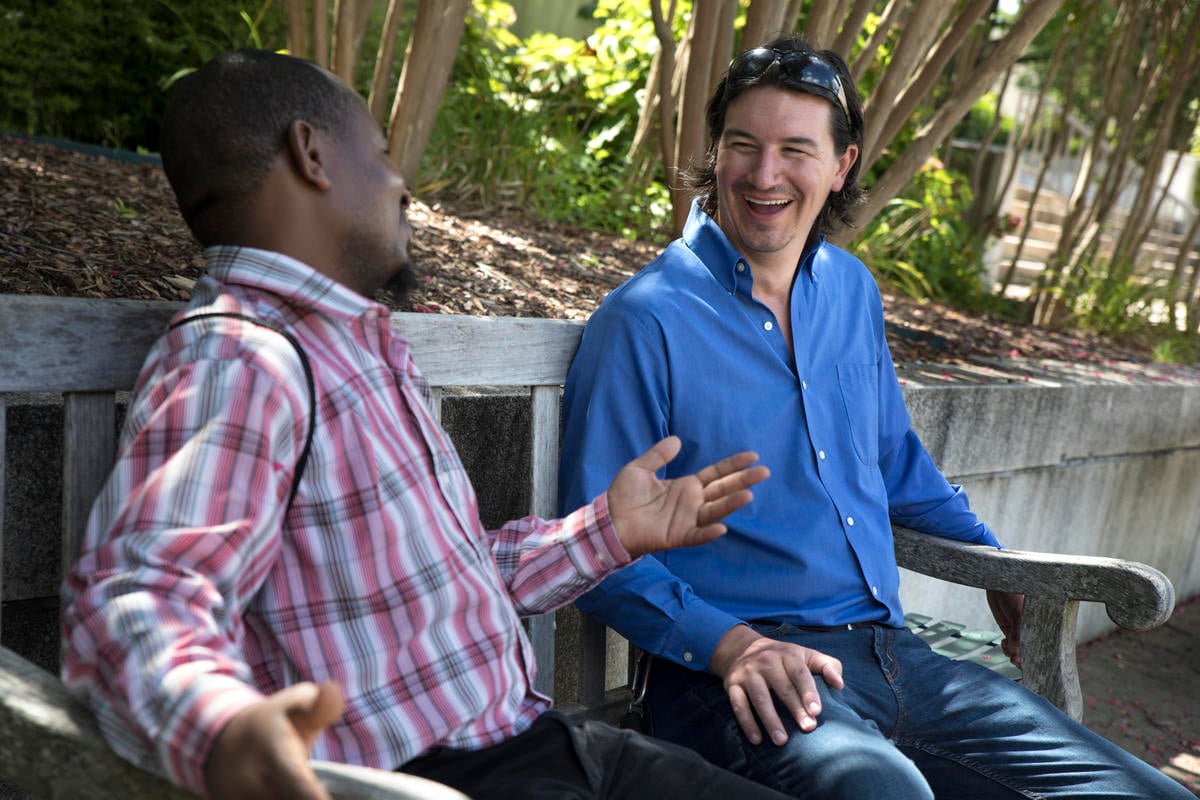UK gets wide support for UNHCR resettlement scheme for vulnerable refugees
UK gets wide support for UNHCR resettlement scheme for vulnerable refugees

LONDON, Sept 4 (UNHCR) - British immigration officers have travelled to Accra in Ghana to begin interviewing possible candidates for a new resettlement programme being undertaken by the UN refugee agency and the government of the United Kingdom.
The individuals will be identified by UNHCR as being in need of special protection and will come from across West Africa. The first group is likely to include Liberians who fled to Sierra Leone during the 1989-90 civil war. A small number of refugees are expected to arrive in October, with the possibility of the number rising to 500 in 2004 if the pilot scheme proves a success.
The new scheme, designed to run alongside the current asylum procedure, has received wide all-party support within the UK. Beverley Hughes, the UK government minister responsible for immigration, described the scheme as "an internationally recognised route to help refugees reach protection without being driven into the hands of the people traffickers. Those who will qualify for the scheme will all be refugees under the 1951 Convention and many will have survived violence, torture or the death of a family member."
All the major political parties in the UK have welcomed the initiative as a helpful new element in the UK's asylum system.
UNHCR says it welcomes the British government's commitment to the programme, believing it will ensure protection and restore basic dignity and safety for refugees. In adopting a resettlement policy, the UK joins many other western countries, including the United States, Canada and Australia, who operate similar schemes with UNHCR.
Resettlement has proved successful in providing protection to refugees where there is no alternative way to guarantee their legal or physical protection. It is intended to ease the burden shouldered by those countries bordering humanitarian crisis spots and is a durable solution for people facing a life of misery in refugee camps.









